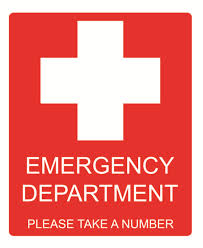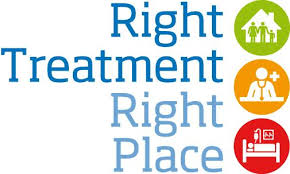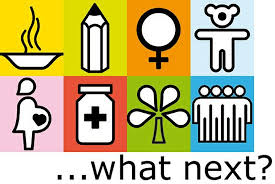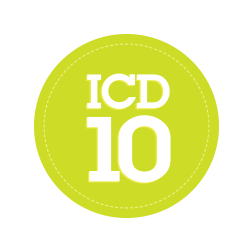Reducing Overcrowding in Emergency Rooms

Overcrowding in Emergency Rooms (ERs) has been an issue of great concern as of recent years. There are a myriad of reasons why the ERs are overcrowded and ways to overcome. Let’s have a look at them.
Expand Hospital Capacity
By increasing the bed capacity, overcrowding can drastically go down. When there are more beds, more emergency patients can be admitted. When the population of a country grows, then obviously the number of bed capacity should be increased to avoid overcrowding. Many times, hospitals are perpetually full with admitted patients boarded inReducing overcrowding the ERs. Boarding of inpatients in the ERs is unquestionably the leading cause of overcrowding. While this seems like a simple option, there are infrastructure, costs, and the redesign of processes, to name a few, which need to occur in order to successfully add bed capacity.
4 Level of Care Tools | Comparing Level of Care Assessment

What do ASAM®, LOCUS®, CALOCUS®, and InterQual® all have in common? They are all level of care assessment tools, each with a different perspective.
Level of care isn’t a new concept, but has gained in popularity in recent years. A level of care is used to indicate a level of intensity or severity and determine in what type of facility specific care should be performed. It is used to make sure the patient receives the right care in the right facility at the right time.
5 Aspects of CMS’ 2015 Proposed IPPS Regulations

On April 30, 2014, CMS announced proposed IPPS regulations to become effective January 1, 2015. The ruling covers: Hospital Value-Based Purchasing Program, Hospital Readmissions Reduction Program, Hospital-Acquired Condition Reduction Program, Quality Reporting Programs, and Wage Index – Updated Labor Market Areas.
CMS just announced proposed regulations to become effective January 1, 2015. These regulations further the goals of the Affordable Care Act: increasing patient outcomes and reducing healthcare spending. These proposed regulations are Medicare specific and, if approved, will be applicable to general acute care and long-term care hospitals.
The Impact of Reducing Avoidable Readmissions Infographic

What is the impact of reducing avoidable admissions and readmissions? What are you doing to track admissions and readmissions? Have you isolated the primary causes of avoidable readmissions? Do you have a game plan in place? Are you prepared to begin tracking additional readmission conditions beginning in 2015? Have you established relationships with primary care to ensure a smooth transition and continued care coordination? Are you currently being assessed penalties due to readmission rates being too high?
ICD-10 Delay: Does ICD-10 Lack Clinical Value?

ICD-10 was delayed once again as part of a bill that was meant to fix the physician reimbursement issues with Medicare. The ICD-1o delay was merely a footnote in a jam-packed bill that was going to make many doctors very happy; incidentally, pushing out the date for ICD-10 implementation also pleases many physicians. Some have gone so far as to say, on record, that ICD-10 lacks clinical value.
Dual-Eligibility: An overworked & overlooked population?

9 million Americans are covered by both Medicare and Medicaid and are part of a unique community of healthcare consumers known as the dual eligible. Dual eligible beneficiaries often have complex health conditions and may be low income, meaning that their access to healthcare would be greatly limited if not for their dual eligibility for coverage.





